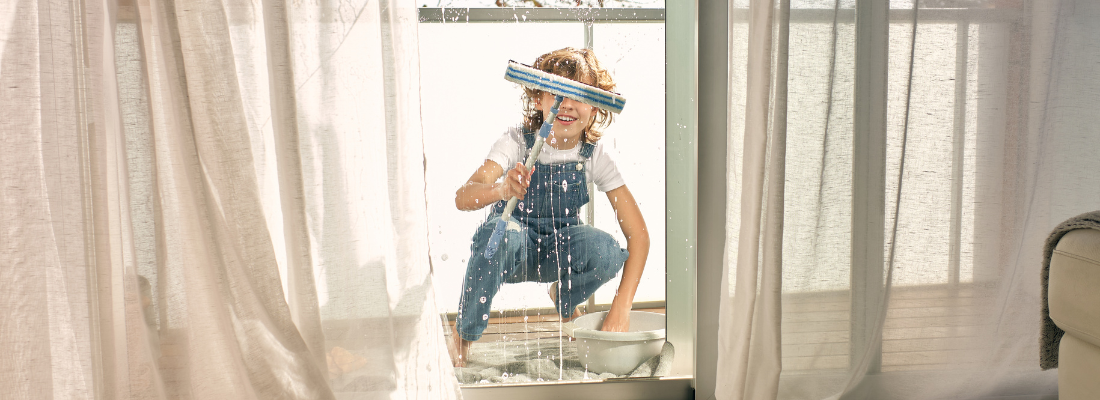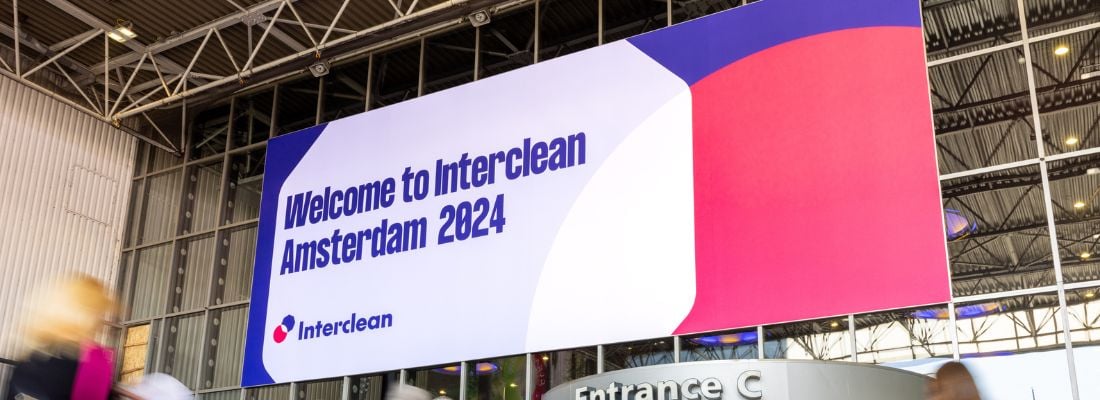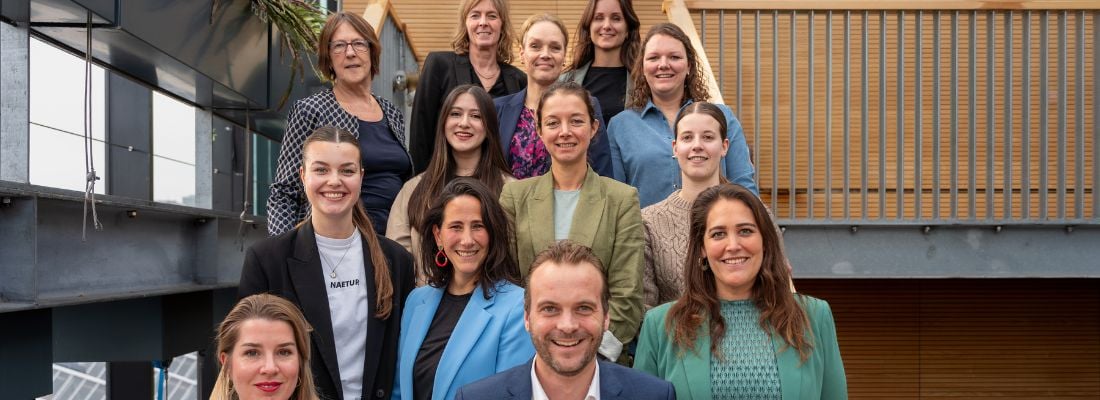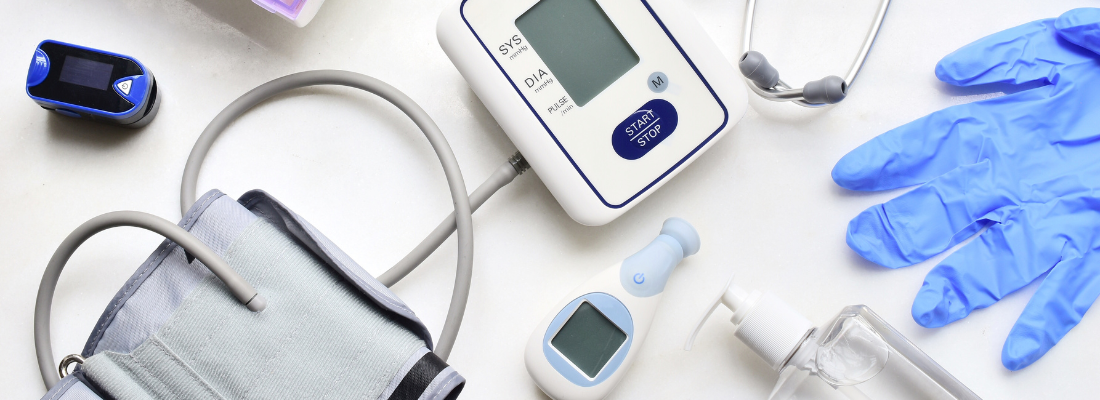Prof. Didier Pittet: “Environmental hygiene in healthcare facilities is a team effort.”
Prof. Didier Pittet: “Environmental hygiene in healthcare facilities is a team effort.”
Professional cleaners, healthcare workers and infection prevention specialists: different stakeholders who all play an important role in providing and maintaining environmental hygiene in healthcare facilities. “It is important to realize that healthcare cleaning requires teamwork”, says professor Didier Pittet, director of the Infection Control Programme at the University of Geneva Hospitals and Faculty of Medicine and chairman for Clean Hospitals, official partner of Interclean Amsterdam and co-host for the Healthcare Cleaning Forum on 12 May.
Healthcare facilities, such as hospitals as well as clinics and practices, are constantly battling to lower the rates of healthcare-associated infections. There are a lot of factors that play a role in this, such as the behavior of the healthcare workers, hand hygiene and also: the environment in which the patient care is being provided. “Not everybody realizes how important it is to simply clean a surface in the right way. Whether you’re talking about large surfaces such as floors, or smaller areas closer to the patient. Environmental cleaning is a very important step if we want to guarantee patient safety in healthcare facilities”, says Pittet.
Make decisions together
He continues: “Cleaning surfaces might look easy, but it is not. There are many decisions that need to be made and there’s a number of different stakeholders involved.” For example: what is the best product to use for this purpose in that environment? And how about that purpose in this environment? Taking all relevant factors like costs, sustainability, usability and effectivity of the product into consideration. “For instance, the simple act of changing a cleaning product can have a huge impact on the cleaning employees who have to work with that product on a day to day basis. Therefore, it is very important that the people who make those kinds of decisions, know exactly what the consequences of implementing that new product or technique are. That is why you need to make these decisions as a team, rather than as a single, individual person. Environmental cleaning in healthcare truly is a team effort”, Pittet explains.
Cleaning is very important
The cleaning experts, the infection prevention specialists and the healthcare workers: they all play a role in providing and maintaining environmental hygiene. “The idea we have within Clean Hospitals is to make all those stakeholders work together in order to ultimately provide better care for the patients. To some people cleaning might look trivial, especially in an environment where doctors, surgeons and medical experts save lives and talk about complicated things like cloning or genetic modification. But that is not true, because is cleaning is very important, especially in an environment like this”, Pittet stresses.
Implementation is key
One of the biggest challenges according to the professor, is to make sure that the implementation of cleaning strategies, techniques and products is correct and universal. “A perfect implementation strategy, including both the advantages and the limitations of the different methods, is key. You need to take your time for this. The better something is implemented, the less effort it takes the personnel to apply it. When you’re thinking about new innovations or technologies, think about the implementation of that new technology. Think about the effectiveness, the usability and the cost and benefits of the new technology. If something is too sophisticated or complicated for the employees to work with, they’ll not use it properly or at all. That’s something you need to think about beforehand.”
Knowing this, it becomes even more clear why these decisions should be made by an entire team and not just by one person. Pittet: “You need experts who know the theory and science behind hygiene and cleaning, experts who have knowledge about the specific products and tools, and experts who know the important steps in the implementation. With these fields of expertise combined, we can make the best decisions.”
A universal approach
Pittet moves on to explain that once these decisions have been made, they should be shared universally. “We need to translate the available knowledge from one country to another, from one healthcare institution to another and from one department to another. Nowadays, the guidelines differ per country and sometimes within countries or even within facilities. Especially during the COVID pandemic it became clear that there were a lot of differences in cleaning. We need to make sure we have a universal approach to environmental cleaning.”
At the Healthcare Cleaning Forum during Interclean Amsterdam on May 12th, all the different experts and stakeholders Pittet mentioned are coming together. “It is a unique and important event where the people who know the theory and science meet the people who know about the different cleaning products and tools, while also being able to see and try all of the products. It’s the perfect chance to exchange knowledge and to think about the implementation strategy together. Will I see you there?”
More about Healthcare Cleaning Forum
Share your stories with us!
Do you have an innovation or interesting news you would like to share with the professional cleaning and hygiene industry? The Interclean website and social media channels are a great platform to showcase your stories!
Please contact our press department interclean@rai.nl.
Are you an Interclean exhibitor?
Make sure you add your latest press releases to your Company Profile in the Exhibitor Portal for free exposure.
Receive the best newsletter on cleaning & hygiene - straight to your inbox!
We promise never to send you spam and you can unsubscribe at any time!





